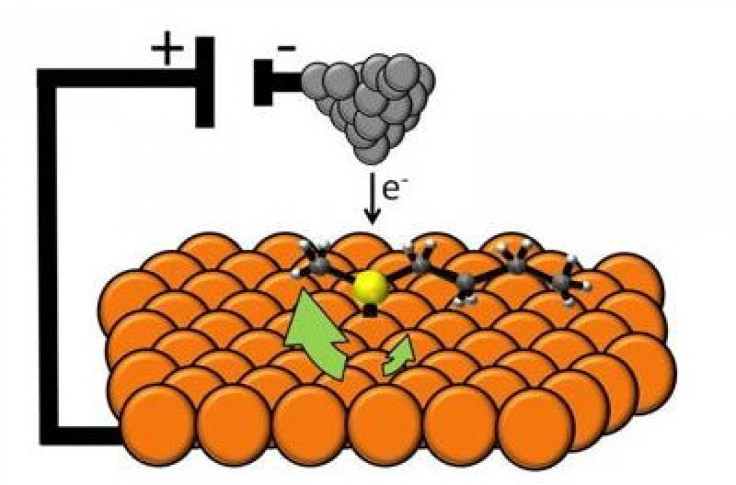World’s First Single-Molecule Electric Motor Makes New Record

The researchers at Tufts University say they have built the smallest electric motor, consisting of just one molecule.
Tuft researchers have broken the Guinness World Record of the world's smallest electrical motor of 200 nanometers and created the world's first single-molecule electric motor, which is a mere 1 nanometer across.
The excitement is in the demonstration that you can provide electricity to a single molecule and gets it to do something that's not just random, says team leader Charles Sykes, as reported in TuftsNow.
Single-molecule motors are not new, but it's the first to be electrically powered. Until now there have been other small motors, but they are driven by either chemicals or light.
A molecular motor powered by electricity has significant advantages over those other technologies, explained Sykes.
Molecular electric motors can be used in nano-electromechanical systems. For instance, coupling molecular motion with electrical signals may allow scientists to build signal delay lines and nano-scale sensors.
Another use could be in sensing and medical test devices that involve tiny pipes. At these small scales, friction of the fluid against the pipe walls increases, and covering the walls with motors may help drive the fluids along, Sykes said.
Researchers used the metal tip of the microscope to provide an electrical charge to a butyl methyl sulfide molecule that had been placed on a copper surface. The molecule had a sulfur atom at the center and carbon atoms radiating off to form two arms, four carbons on one side, one on the other. In subsequent experiments, such arms could potentially act as interlocking cogs or gears, and as one molecule is powered, it could turn or rotate others in sequence.
About the world record, Sykes says, We will soon submit the Tufts-built single molecule electric motor to Guinness World Records. If accepted, it will set a new record that probably won't be broken any time soon.
© Copyright IBTimes 2024. All rights reserved.











